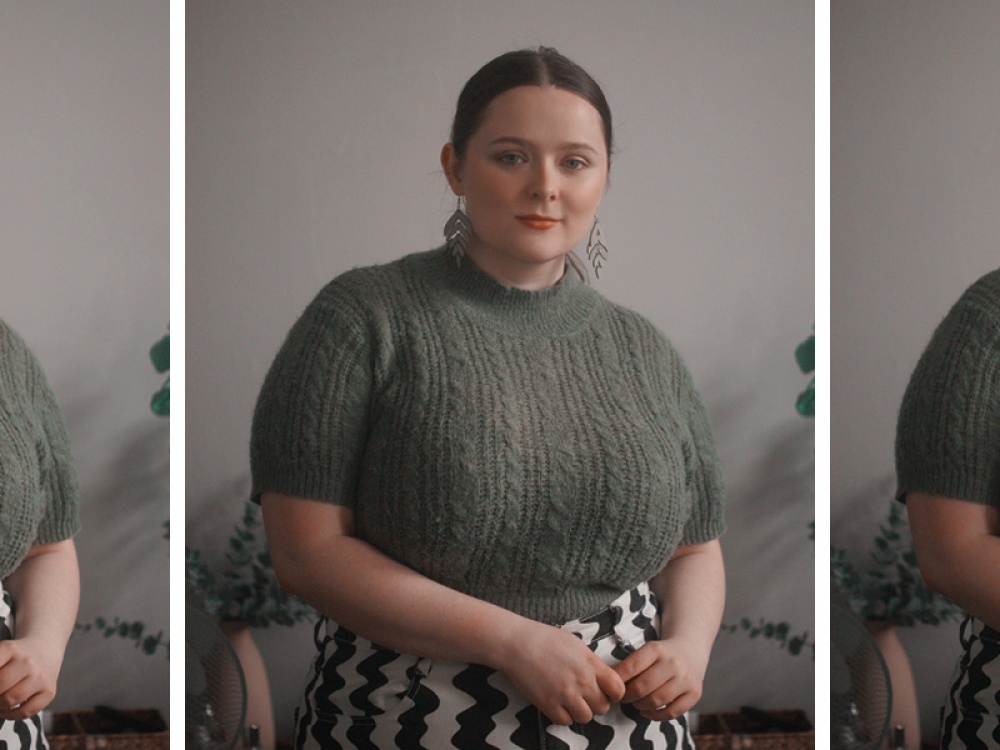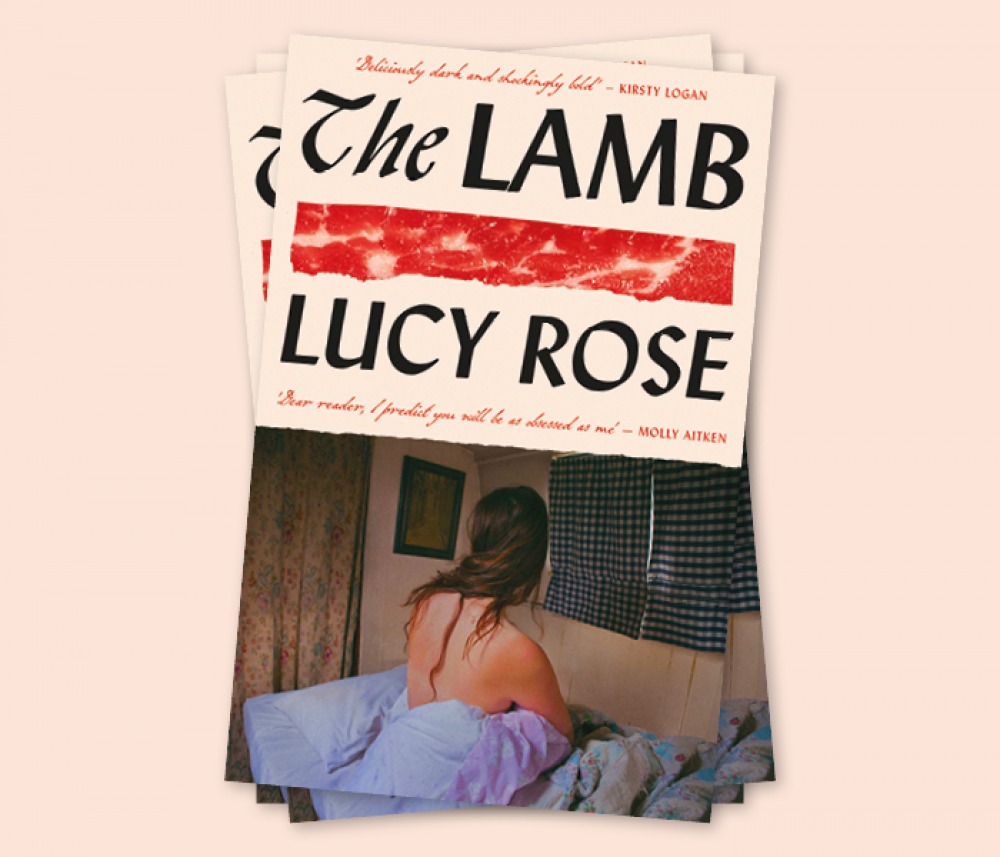Meet the Best Selling Author of The Lamb From South Shields

South Shields author Lucy Rose's debut novel The Lamb has been met with instant acclaim
Lucy first began her foray into writing with screenplays, and says she never thought she had the ‘book smarts’ to be a novelist. ‘It just sounded so fancy and cool and a bit out of reach. I did a lot of writing just for fun and wrote a lot of books that didn’t go anywhere, then The Lamb came up and I thought, “this one’s maybe not terrible and I should do something with it!”’
The book began as fragmented flash fictions, which Lucy cites as a helpful tool for autistic or ADHD authors such as herself who struggle to focus on long-form work. ‘About 15,000 words into these flash fictions I realised they were all about the same family. They were characters that really challenged my point of view on the world so I decided I was going to be really brave and turn it into a novel.’
It tells the story of young Margot, who lives in a crumbling homestead tucked in the woody Cumbrian fells with Mama. Together, they wait for ‘strays’ lost in the wild to stumble upon them in search of shelter – only to meet a grizzly end by Mama’s hand, who craves the taste of human flesh. ‘These women were always cannibals, I can’t explain it. That first flash fiction I wrote they were cannibals and there wasn’t really a reason. I think cannibals are having a moment and the reason I like reading about them, specifically now, is because food is so fascinating.
‘Cannibals are usually people who eat without inhibition and explore every single food taboo. For me, that it such a ripe place to tell a horror story about the experience of being a woman’

‘My relationship with food has always been really fraught. It’s bonkers to me that food is weaponised to make us smaller and it’s so commonplace to make a woman feel like she has to physically take up less space. Especially as a curvy girl, I don’t appreciate it, we should be able to take up space. I don’t think anyone’s relationship to food should be so damaged and broken – cannibals are usually people who eat without inhibition and explore every single food taboo. For me, that it such a ripe place to tell a horror story about the experience of being a woman and I hope that’s what I’ve done.’
Everything changes for Mama and Margot with the arrival of outsider Eden, whose influence on Mama irrevocably changes the family dynamic. ‘If I ever get the opportunity to adapt this into multimedia, I’d want to explore Eden so much more. She was quite scary to write. There’s something about her that’s so unknowable and she has so many secrets that she’s not sharing.’
The book draws on Lucy’s Cumbrian heritage, as well as her love of folktales, fairytales and horror. ‘One of the biggest influences on my work was a period of my childhood (probably a couple of years at most but at the time, it felt like a lifetime) where we didn’t have a TV. So, oral storytelling and folktales were such a huge part of how I consumed media. I lived in Cumbria which has a really fraught history full of colonisation and civil war – it’s got a really fascinating history.
‘To marry the folk history with horror is such a natural place for me to go. I love horror, I think it’s a really beautiful, allegorical, political genre. I think if you don’t understand horror or haven’t been curious, you might think it’s just violent and silly but we can learn so much about the world from horror. I think what horror does really well specifically is it doesn’t ask us to justify our feelings, it just presents feelings to an audience.’
Lucy names Shirley Jackson and Angela Carter as big literary influences, and film influences include Jordan Peele’s Get Out and Jennifer Kent’s The Babadook. Although Lucy’s work may seem disturbing to non-horror fans, there is a growing market for ‘femgore’ work both in the horror community and more mainstream audiences. Best-selling titles such as Eliza Clark’s Boy Parts and Mona Awad’s Bunny also fall into the sub-genre, which is described as female-written horror with female protagonists (and plenty of bloody body horror) that explores their relationships with themselves, other women and the patriarchy.
‘I feel immensely lucky that I’m publishing at this time,’ Lucy says. ‘I do think there’s a hunger for this kind of work because women are so fed up. There’s something about taking off the patriarchal mask and just being an animal. Women do a lot of labour to stay in control and brush off things that happen for the sake of keeping the peace and there’s something really satisfying about taking off that mask and letting people go feral.’







